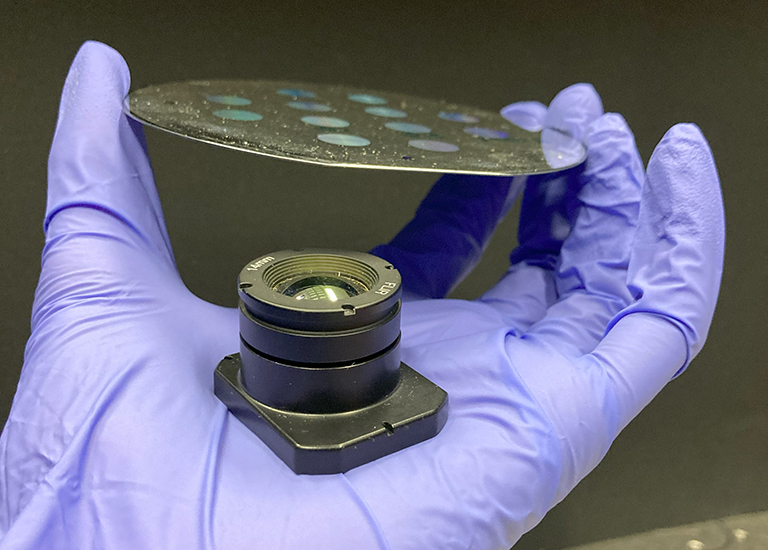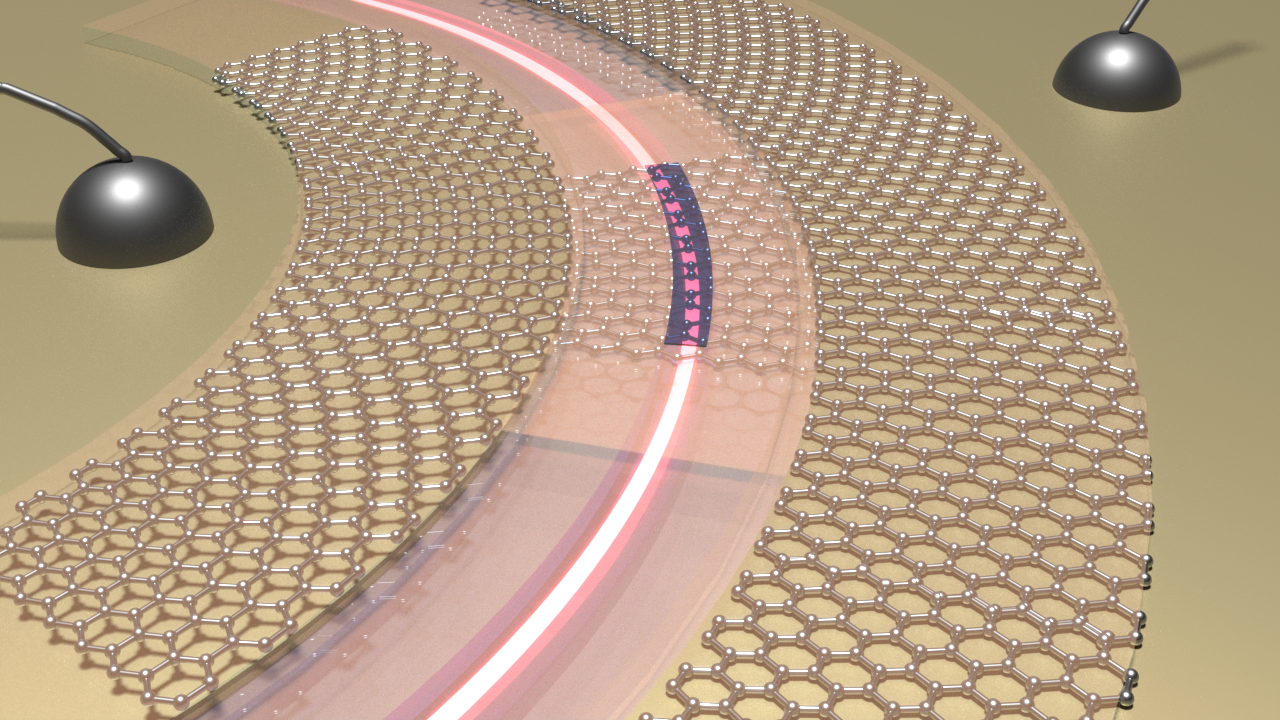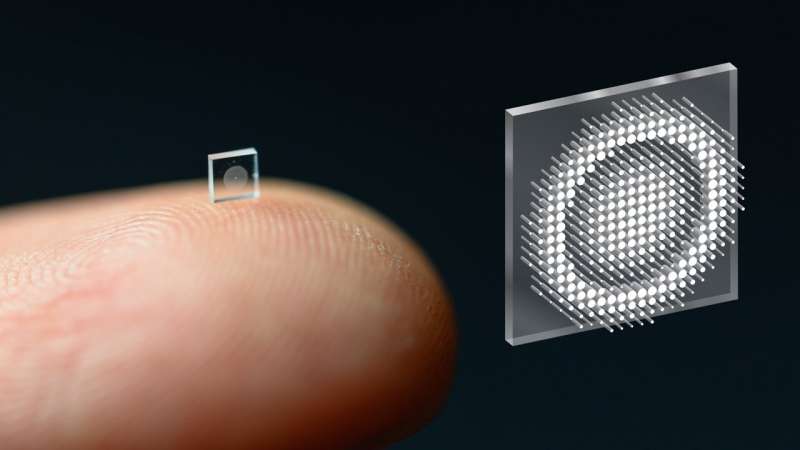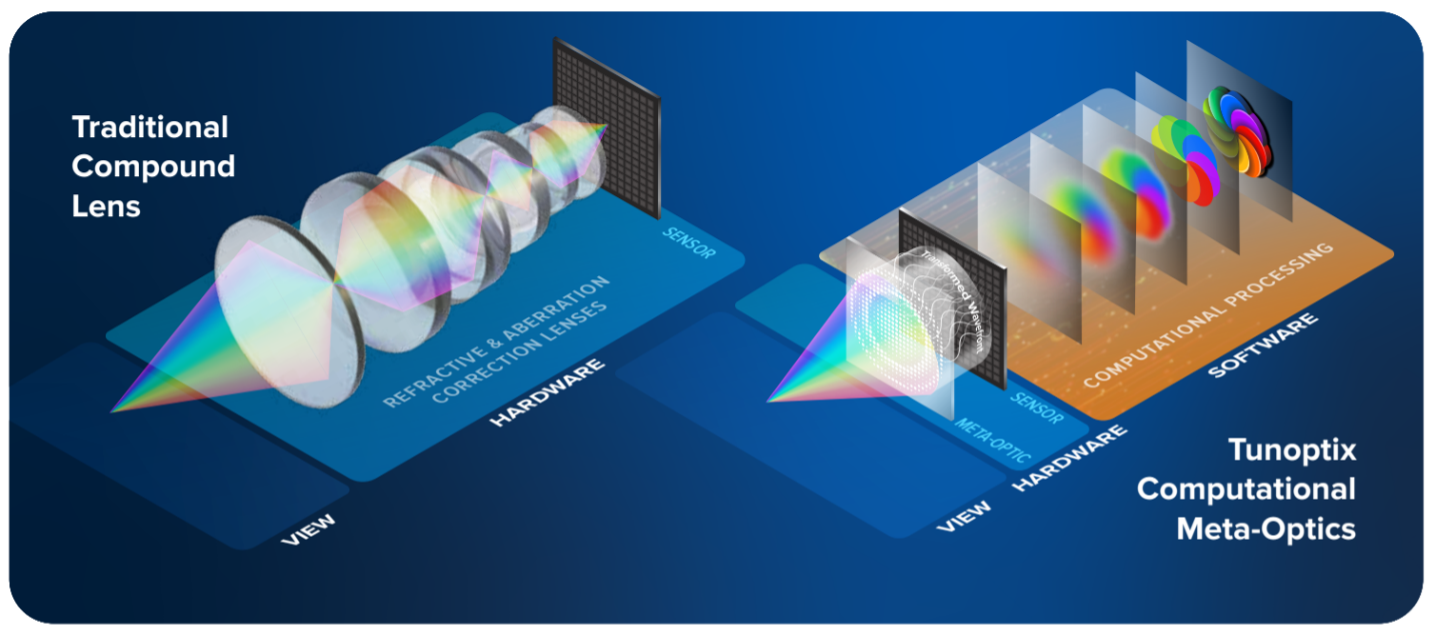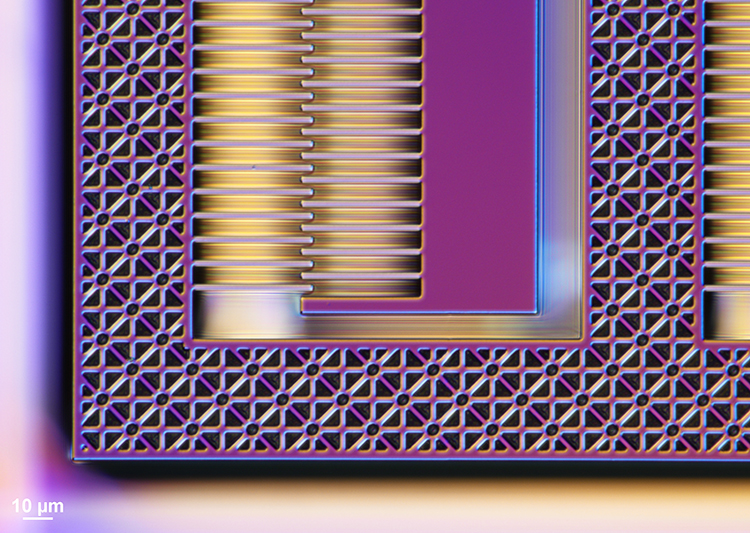The University of Washington (UW) Institute of Nano-Engineered Systems (NanoES) awarded Electrical & Computer Engineering Ph.D. student Rui Chen its 2024 Student Achievement Award. Chen was recognized at the NanoES Symposium on May 23.
Rui Chen wins 2024 UW NanoES Student Achievement Award for Pioneering Work in Nanophotonics

